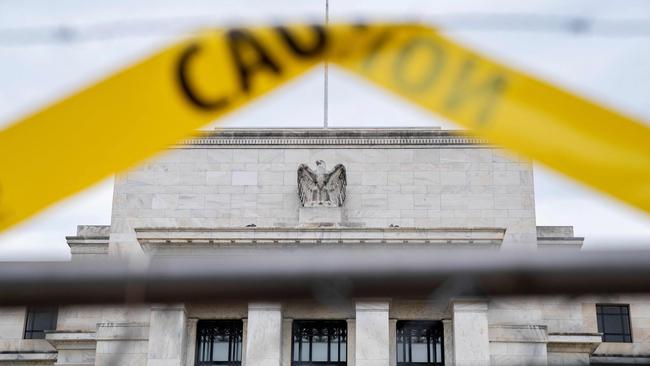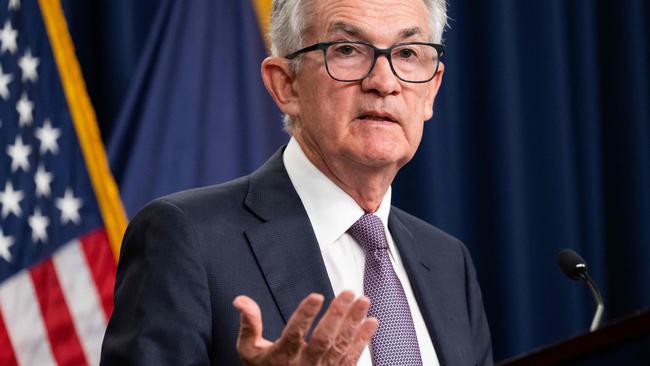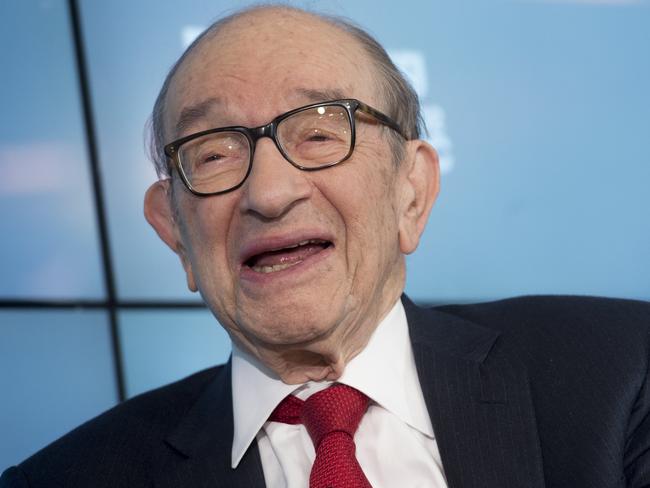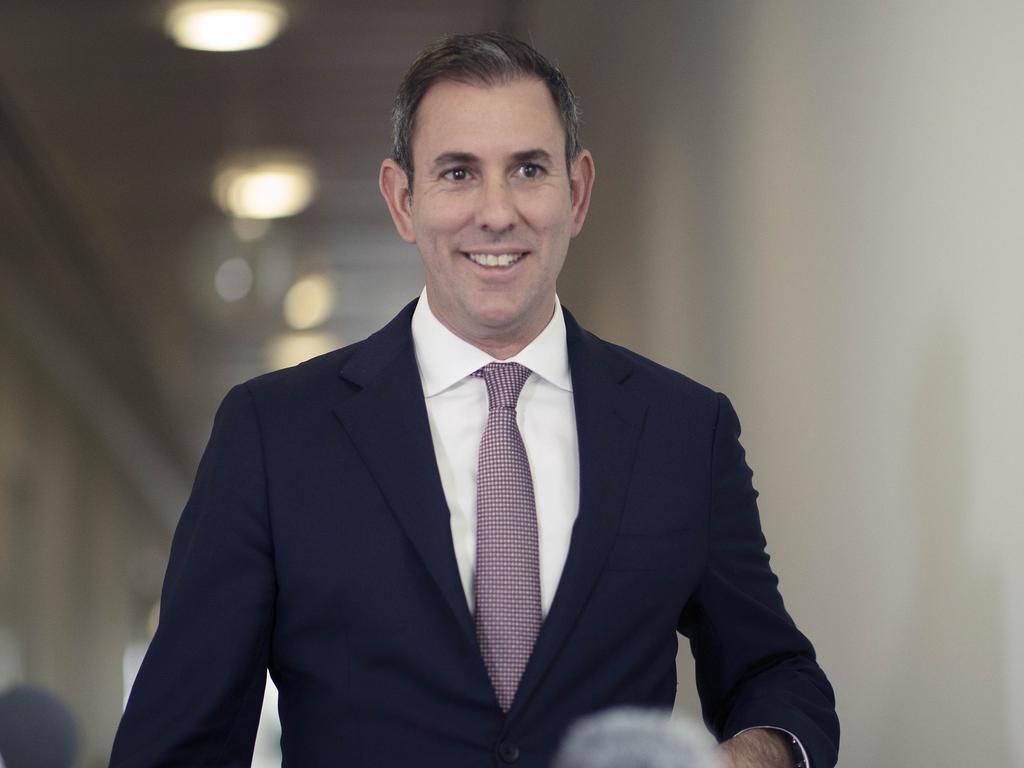
Yet what do we do when bureaucrats with vastly more influence over our economic fortunes fail us? How do we hold accountable the people who, more than any other, bear responsibility for the dire condition we find ourselves in – the unelected officials who really control the value of the world’s money?
For all the fiscal follies of governments on both sides of the Atlantic, there’s a much more obvious prime suspect in the mauling of the global economy that is destroying the value of our homes and pensions, sending the world on an emetic rollercoaster of inflation and slump, and immiserating the lives of hundreds of millions around the globe.
We can blame Vladimir Putin’s predations and Covid’s afflictions for a good deal of the economic mess, but by far the biggest culprits are the world’s central bankers.
Between them, the US Federal Reserve – far and away the most important – the European Central Bank (ECB) and the Bank of England have presided over what may prove to be the most spectacular and costly failure of monetary policy in the modern history of money.
These titans of global economics failed to spot the seriousness and durability of the inflation introduced by disruptions to supply chains during the pandemic.
They blithely insisted for too long that the sharp price rises would be “transitory”. They applauded while governments pumped additional trillions of dollars into their economies, adding fuel to the flames.

Belatedly, they have been playing catch-up throughout 2022, woefully behind the curve, and now forcing up interest rates so aggressively they seem certain to induce a recession.
The Fed is mostly to blame: because its failures reverberate more widely in the world, its responsibility to avert an inflationary disaster is all the larger.
All through 2021, as indications were multiplying that inflation would not be transitory, the Fed was not only holding interest rates near zero, it was still pumping hundreds of billions of dollars into the US economy in the form of asset purchases, mostly US Treasury bonds and mortgage-backed securities; moves designed to keep those markets liquid and interest rates low in order to stimulate borrowing.
Incredibly, it was only in March this year, when US consumer price inflation hit a 40-year high of 8.5 per cent, that the Fed began, with the smallest of moves, to raise interest rates. Even more inconceivably, it was in that same month that it ended its monthly purchases of dollars 50 billion of mortgages – when US house price inflation was running at 21 per cent. The central bank, in other words, was actively trying to inflate house prices when they were rising at already unsustainably elevated rates.
It is important to understand that the central bank’s failure to act much sooner has directly created the deep recession risk we now face. A much earlier rate rise, in the summer of 2021, for example, and a much earlier reining in of the quantitative easing would have, to coin a phrase, “flattened the curve” of inflation, forestalling the sharp rise we have seen in the past year and facilitating a slowdown without a slump.
The Fed’s inaction has had disastrous consequences for the rest of the world. The aggressive rate rises that have since been necessary have been the main reason for the sharp rise in the dollar in the past few months against all currencies. (The US currency has risen even faster against the Japanese yen than it has against the pound). That imposes punishing additional price pressures on countries around the world.
The Bank of England and ECB have proved equally asleep at the wheel, exacerbating the swell of problems flowing out from the Fed’s own disastrous error.
There’s an irony here. Twenty five years ago, New Labour decided the Fed was such an ideal model for economic management that they would emulate it.

Gordon Brown and Ed Balls had sat at the feet of Alan Greenspan, the man dubbed the maestro for his role in helping the US to achieve rapid non-inflationary growth in the 1990s, and the first thing they did on taking office in 1997 was to make the Bank of England independent from the government.
The irony is that it was almost precisely at this moment that the lustre of the independent central bank began to fade.
Monetary mistakes, many of them by Greenspan himself, led to the global financial crisis of 2007-09.
These independent central banks then compounded these errors with a decade or more of loose money that inflated asset values, did little or nothing for the real economy, and led to a huge expansion in debt, the astonishingly high cost of which we are starting to pay now, as interest rates finally rise again.
While there’s no going back to the days when central banks and monetary policy were under the control of elected officials, stricter mandates set by governments, perhaps including specific targets for employment as well as inflation, would put them on a tighter rein.
But even as voters on both sides of the Atlantic prepare to give politicians and governments the boot, it is surely right that one casualty of the economic crisis we are about to endure is the faith and trust we have placed in institutions that have conclusively forfeited it.
The Times







Democrats in the US and Conservatives in Britain are presumably about to relearn, once again, the cost of economic failure in government. Inflation, rising mortgage rates, recession: in a democratic system all these tend to get laid at the feet of elected politicians and, properly, we exercise our right to kick them out.